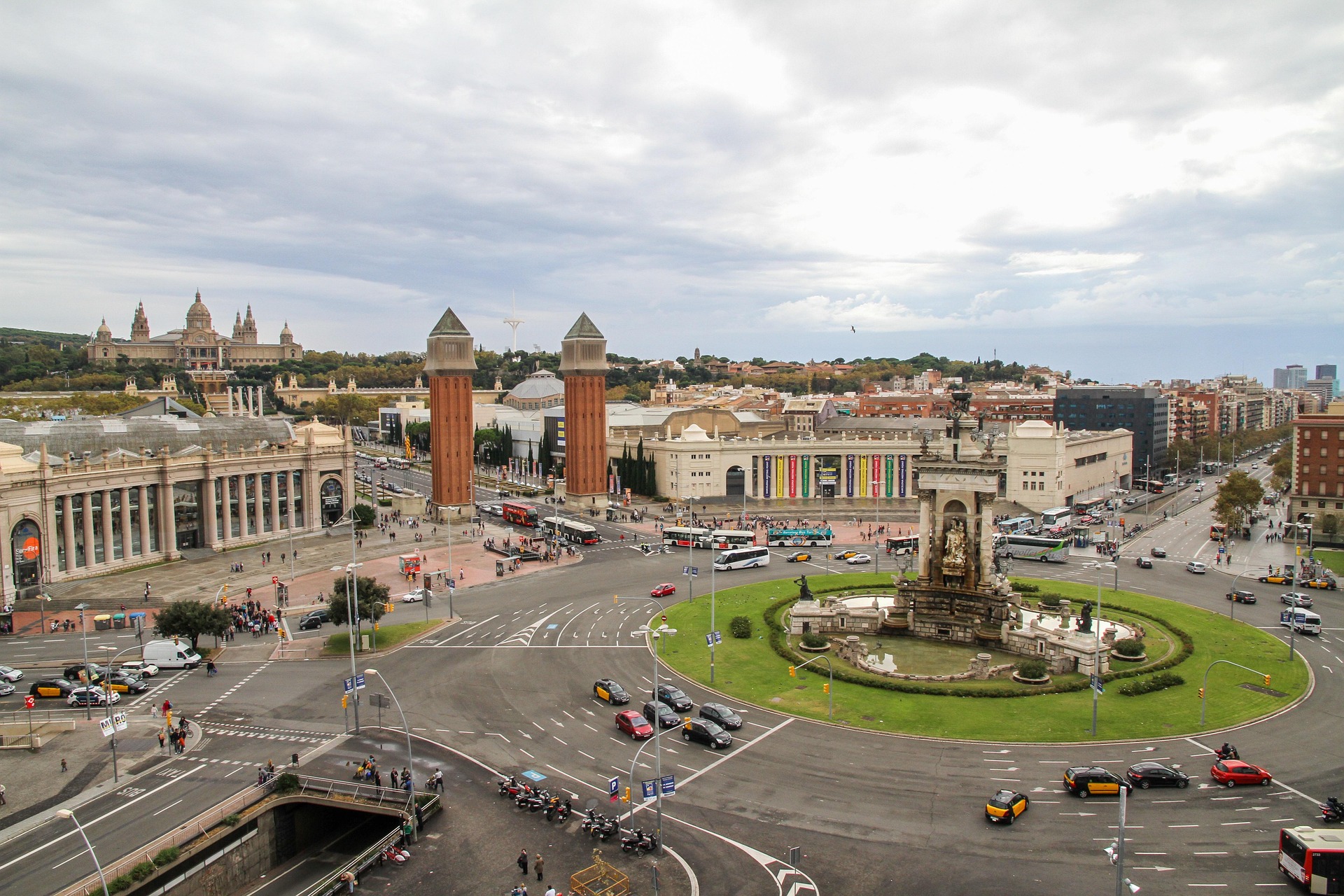Best Countries in Europe to Work and Study for International Students in 2025

One of the most common questions students ask when planning to study abroad is: "Can I work while studying?"
The good news is that all European countries welcome international students and offer opportunities to work during their studies, but there are a few things you need to know; the rules and allowed working hours vary depending on the country.
Europe remains a top destination for international students, with 1.76 million students from abroad enrolled in tertiary education across the EU in 2023.
So, to help students prepare for the 2025/26 academic year, the team at StudiesIn.com has conducted a comprehensive analysis of the countries in Europe where international students are allowed to work during their studies. This guide summarizes key regulations, working hour limits, and country-specific requirements to make the transition smoother for incoming students.
Highlights:
- Countries like Portugal, Poland, Romania, Slovakia, and Sweden allow international students to work part-time during studies without needing a separate work permit (if they hold a valid student residence permit). Estonia even allows students to work unlimited hours, as long as they prioritize their studies.
- Most countries limit work to around 20 hours per week during term time. However, Spain allows up to 30 hours per week, and Finland permits up to 30 hours/week during studies with full-time work during holidays.
- Luxembourg stands out with the highest hourly wage at about €18/hour, followed by Liechtenstein (€27.88/hour) and Iceland (€16–18/hour). Denmark and the Netherlands also offer relatively high hourly wages (€14.74 and €14.40, respectively).
- Sweden has no national minimum wage, but part-time student jobs can still earn around €1,113/month.
- Germany allows non-EU students to work up to 140 full days or 280 half days yearly without additional permission, which offers flexibility beyond weekly limits.
- Countries like Malta and the Netherlands require work permits for non-EU students, making the process more bureaucratic.
- Estonia’s policy of no official work hour limits is unique but emphasizes academic priority.
Note: All information has been gathered and analyzed from official and governmental websites. The hourly wages and monthly salaries are based on each country’s minimum wage rates for student or part-time work. Variations may occur depending on the region, employer, or specific job role. This overview is intended as a general guide and may not reflect all individual circumstances.
I spent a fall semester in Valencia
Finding the Valencia program was fate. I still feel like it's a rare, undiscovered secret that only I was privileged enough to explore and call home. It fulfilled a combination of desires for me. I knew I wanted to learn Spanish, and had boiled it down to Spain because unlike South or Central America, I'd have access to traveling throughout Europe and North Africa.
From there, I realized I wanted a city of a decent size. Madrid and Barcelona were the other two Spanish cities for which programs were offered. I'd been to Madrid and enjoyed it very much, but I didn't like that it was so far inland. I heard Barcelona was amazing, but its main language was Catalan.

Then I came across Valencia, Spain's third largest city, located east on the Mediterranean coast. With about 800,000 people, it was an ideal size for being able to experience that large metropolitan vibe while still being able to run into familiar neighborhood faces. Valencia is also the birthplace of paella, and boasted some of Spain's best cuisine (in my humble opinion)
I knew I wanted to learn Spanish
The littoral outlet for well-heeled Deià, a village that has been home to Mick Jagger, Andrew Lloyd Webber, Richard Branson and poet Robert Graves who is buried there, Cala Deià may be small (200m wide), far from sandy beaches but the water is crystal clear, the rocky outcrops imposing and the atmosphere convivial.
A mixture between the fresh caught seafood from the adjacent sea and the best rice dishes, as well as the sweet delectables like buñuelos and the sugary almond treat turron.
But dessert for me tended to be fruit, as I took advantage of the region's incredible bounty (the Valencia orange being one of the most delicious fruits I've ever had -- that perfect balance between sweetness and citrus acidity).
My plans for the near future
As of now, I am set to graduate in June from CUNY Hunter College with a bachelor's degree in Media Studies. I've already made plans, while not yet fully developed, to take some time off after undergrad and return to Spain.
I am going to try and find a job or internship somewhere in the vast field of media. My mind's run agog with possibilities: finding a job or internship, teaching English, or even enrolling in a Spanish university for graduate school. In a perfect world, I would be a foreign correspondent based in Madrid for The New York Times. favourite beach, Cala Deià, can be found here, one of the most bewitching inlets on Mallorca’s entire coastline with the clientele to match.

.webp)










.png)




.jpg)

.webp)





